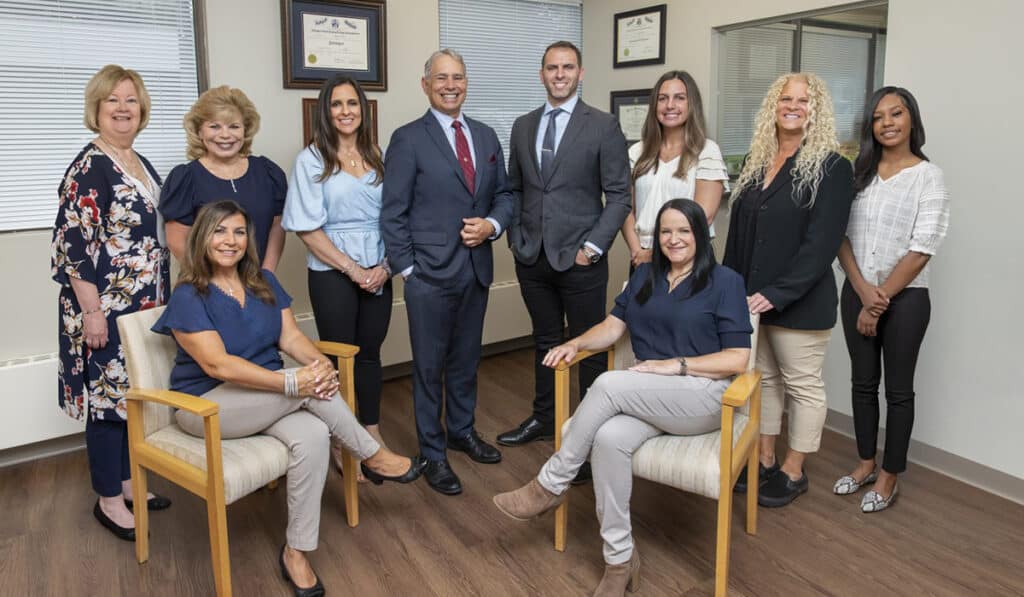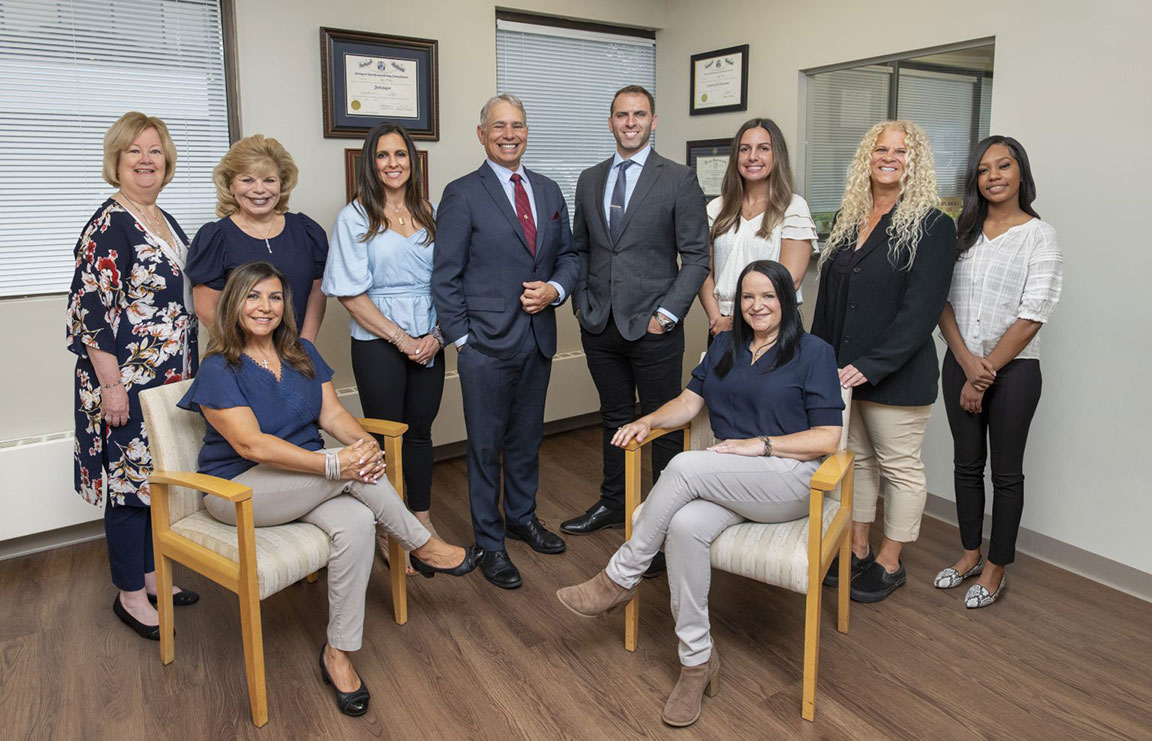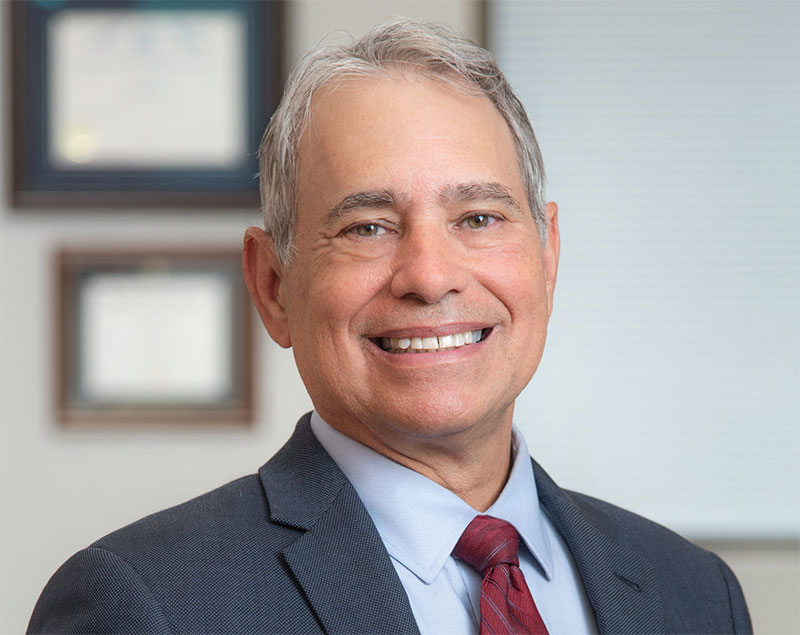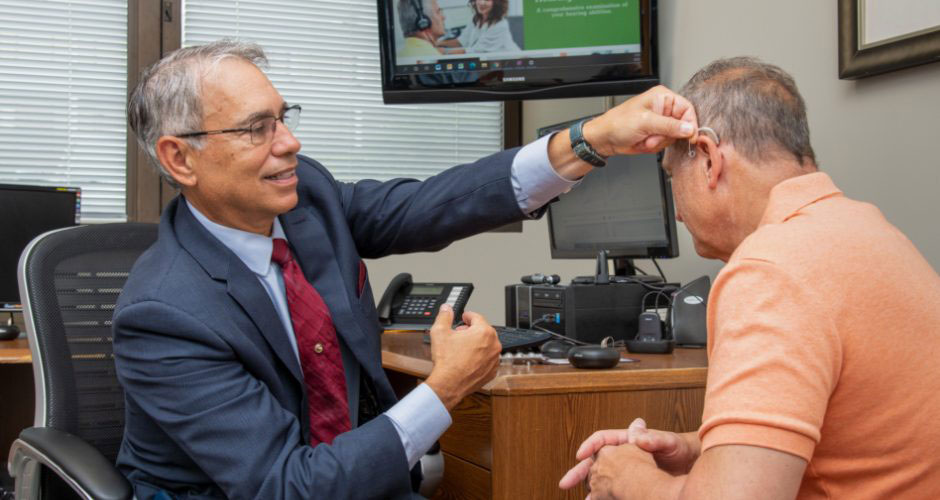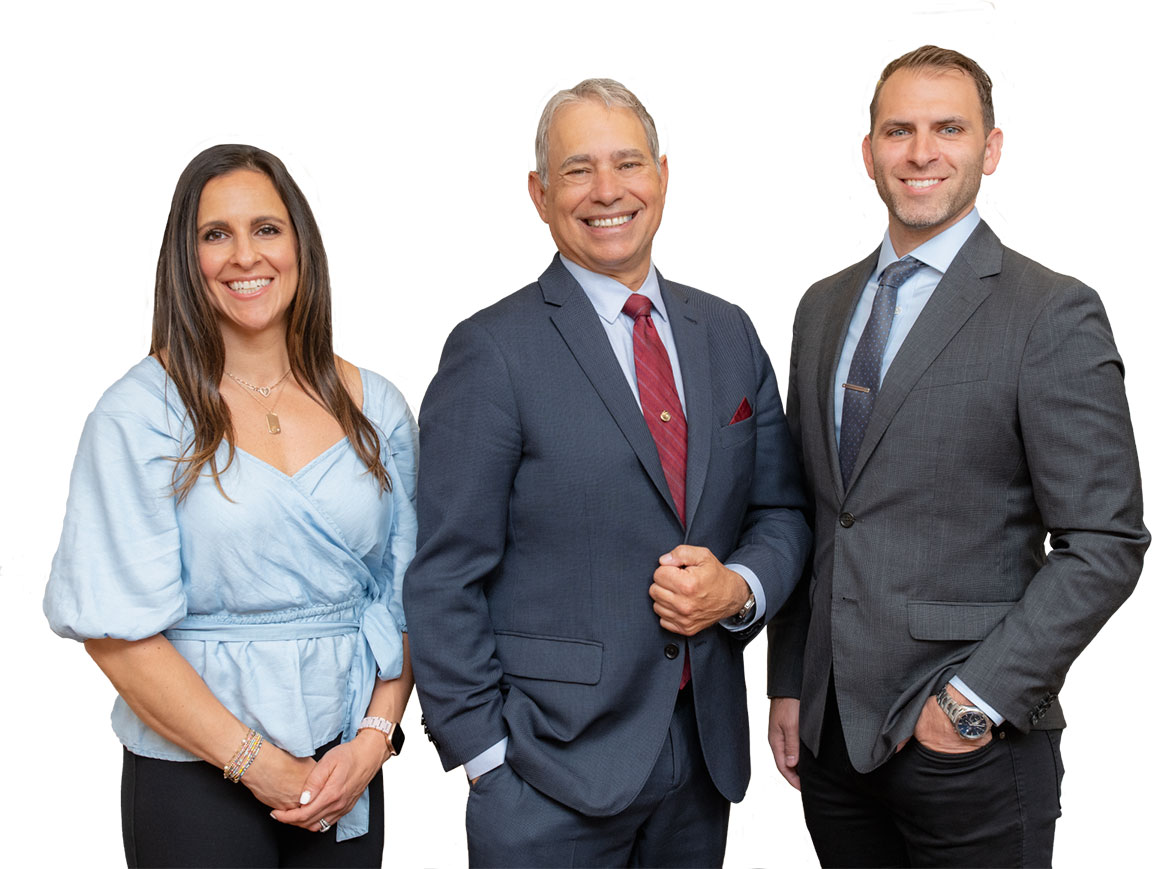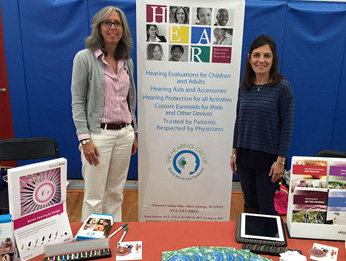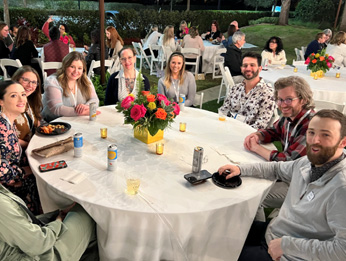What it Means to Lead with Care
Member Spotlight | Audiology & Hearing Aid Solutions
What lies at the core of a great practice? A solid business plan and a goal-oriented team are critical components, but a truly great practice prioritizes quality patient care. In our latest member spotlight, Pat Biondi, Au.D., and owner of Audiology & Hearing Aid Solutions tells us about the practice’s latest initiative to improve patient care and discusses how it has impacted business.
“After you deliver the hearing product, you quickly find out that the person continues to need you. You think your job is done, but that’s just when your job is beginning.”
Q&A with Pat Biondi, Au.D., and owner of Audiology & Hearing Aid Solutions
1What does it mean to you to lead with care?
Care is everything. It’s not about selling a hearing product, it’s about what you’re going to do with that product for the person to make their life better. The only thing you can really do is care: care for the product, care for the person, care for the outcome. To care is the beginning of everything we do. It’s why we do it.
2How has your philosophy on treating hearing loss evolved over the years?
At first, my philosophy on treating hearing loss was if the patient needs a hearing aid, let’s try to make them understand that. I thought that was all you needed to do. After you deliver the hearing device, you quickly find out that the person continues to need you. You think your job is done, but that’s just when your job is beginning.
The product is important. It’s the tool in which we use to manage our care and treatment, so it has to be a good one. The more you know, the better the software that links to the device and the better the reliability of the product. You also want to choose a product that has a company that makes a good partner behind their product. My philosophy, however, has evolved from being just about a product to being a care and treatment process.
3Where did your current care initiative originate?
I wanted to thank patients for choosing us and for giving us an opportunity to work with them. They have a lot of choices, so they could have gone anywhere. We decided we wanted to thank them and we started doing that by sending them little bouquets of flowers. We’re also always trying to see what we can do to minimize our return rate on hearing aids. Even if we can cut down on one or two a month, it saves thousands of dollars.
Sending patients flowers evolved into sending patients cookies due to the price point. Flowers were hard to do for the cost, so we found cookies that we enjoyed ourselves to send to patients. Along the way, we thought about what we could do for the patients not only to thank them, but to help them and increase their success with their treatment. What can we really do for them that’s piece of homework in terms they can start using to help them connect? This evolved into providing a poetry book.
4Why is the book you provide with hearing aids so helpful?
I’ve always told patients the one thing you can do is read aloud with your new hearing device. It’s all about language. Their ears are used to hearing these language sounds through their hearing loss, and when you put hearing aids on them, these sounds now are going to be different to that individual, and that individual isn’t sure sometimes what they’re hearing. Studies have shown that reading aloud is one of the most powerful exercises that a patient with hearing devices can do for themselves. It allows them to get used to their voice and hear the subtle differences between the 44 sounds that English uses.
After recognizing this, our thank you became a book of poetry written by my daughter, Justine Biondi. The book is called Seasons of a Beating Heart and it is divided into four areas: autumn, winter, spring, and summer. It’s about renewal and birth. We began to give this book out along with the hearing aids and tell patients that this is their homework. Rather than just have them arbitrarily starting to read something at home, they now are taking something home to read.
5How have patients responded to the book?
The book has resonated with a lot of patients. There was one instance where a woman was crying in my waiting room because one of the poems really spoke to her situation in life. It has become an opportunity for me to create a beautiful connection and give patients a useful tool. It’s also something I can follow up on. I can ask patients how they’ve been doing with the book and learn more about their experience with their new hearing aids.
This initiative is making our practice more unique and it’s showing that we care. The fact that people are connecting with a poetry is so wonderful. It’s just much more of a personal gift than flowers or cookies.
6How has this effort been successful in combatting managed care?
We’re not allowing the managed care companies to solely dictate our treatment. They are getting a discount and dictating the price on the product and that’s fine. What’s not fine is to dictate how we’re going care for it over the next five years, that’s not fine. We have to maintain what it is that we’ve always done. We’ve always cared for patients. We were never just selling hearing aids, we were always working with hearing aids to help people hear better along with care and the treatment.
7What advice would you give to a practice who is looking to begin a similar initiative?
The advice I have for other practices is to prove to the patient that you care. What does care mean? Caring is everything, and if you really care, then you’re going to give your patient the best opportunity to make their hearing as good as it can be for the budget that they have. Part of that care is treatment, and the book is part of that treatment.
Part of the care is letting the patient know that they’re important to you, and that you’re going to be there for them. You are not just going to hand them their hearing device with a couple of follow up visits. You’ll be there for them as firmware updates need to be done, as reprogramming needs to be done, as reevaluation of their hearing needs to be done and as all of their new standard needs require attention. If something isn’t working, you’ll help them fix it.
People have to know that you care and the more ways you can show them that you care, the better. You’re going to be with them for the next three to five years. You define that that journey. You going to care for them as they identify the sounds of the language better through reading aloud with you know some little poems that really are quite emotional and wonderful.

